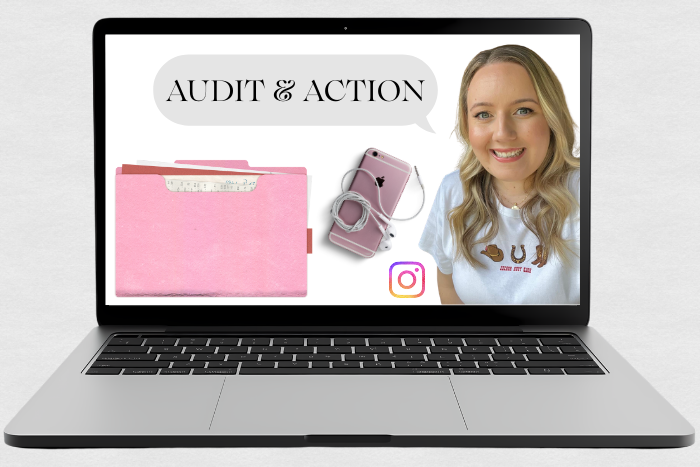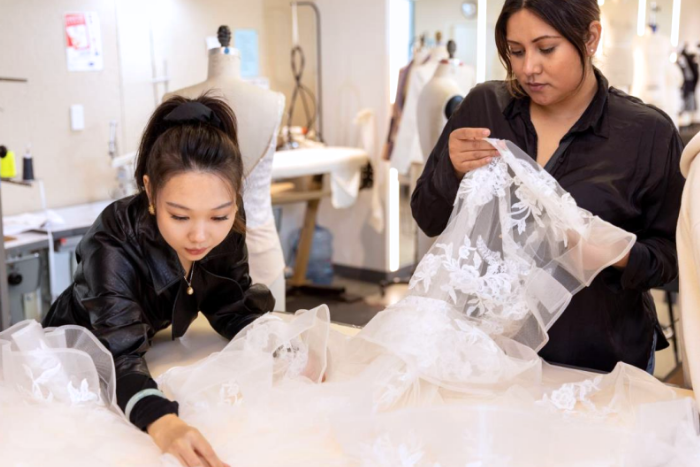Handling complaints using the 8 Step Gift Formula
Maria Musgrove-Wethey from Get Savvy Academy is back for the second part to her complaint is a gift article. This time she explains how to use the 8 Step Gift Formula as a method for handling complaints.
How many “gifts” have you had in the last month? I’m not referring to presents, I’m talking about customer complaints! Did you feel grateful or disdainful? Appreciative or dismissive? Responsive or defensive? Positive or negative?
Although no one likes being criticised, customer complaints provide an opportunity to identify and rectify specific problems in our business. Last month’s article was about changing our approach to complaints with the notion that by seeing them as gifts it would help us maintain a positive mind-set towards complaining customers.
How we talk about complaints shapes how we think about them. If we want to behave as if complaints are gifts, it helps to speak the language. With practice, this approach can become second nature. Just as we thank a friend for a birthday present so too can we respond to a complaint as if it is a gift.
This is easier said than done particularly if the complaint is personal or from a complainer looking for compensation. I’ve been told before that my manager is foul and that I’m a rude, unpleasant owner who should stay in the office and not be allowed out on the shopfloor to ruin what should be a fabulous experience … ouch!
Even if your complaints aren’t quite as vindictive as this, I’m sure you’ve all had the “A button came off and you ruined my day” e-mail. Whatever the complaint, here is the 8 Step Gift Formula that I promised at the end of last month’s article. The source is from the 2008 version of ‘A Complaint is a Gift’ by Janelle Barlow and Claus Moller.
8 Step Gift Formula
- Say “Thank you.” Don’t think about whether customers have a legitimate complaint or not or whether they’re trying to rip you off. Just consider the complaint valuable information - a gift. You need to create immediate rapport with your customers and meet them on their ground. There is no better way to make someone feel welcome than to say “Thank you.”
- Explain why you appreciate the feedback. “Thank you” by itself can sound empty. Qualify it by saying something about how hearing the complaint will allow you to better address the problem. “Thank you for telling me. It gives me a chance to fix it for you and for other brides.”
- Apologize for the mistake. More powerful rapport is created with customers by saying, “Thank you. I appreciate you telling me about this.” Then comes the apology: “May I apologise? I’m really sorry this happened.” This is not an admission of guilt on your part it is just good manners and good business sense. The way you say sorry is really important. Not the sarcastic tone adopted by a child who is reluctantly apologising because their parent insists that they apologise. You need to “fake it until you make it”.
- Promise to do something about the problem. This step is perhaps the easiest to take. “I promise you I’ll do my best to fix this situation as soon as possible.” Or “I’ll look into this straight away”. Be realistic about when you can get back to them and remember it’s better to over promise than under deliver. If you commit to getting back to your bride by the end of the day and you don’t, you’ll have another complaint, and the situation will escalate. Giving an estimated timeline makes customers relax because they know you are going to do something. Then, of course, you must do something. If you can’t fix the problem, then tell the customer what will happen next.
- Get the facts. By letting your bride give you all the information not only helps you understand the situation, but it gives her a chance to vent and time to calm down. My top tip here is to resist the temptation to interrupt and to just let her talk and get it all out.
- Correct the mistake. Do what you said you would do. Don’t leap straight into giving her something. While it’s very tempting to give your bride a refund or a free dry clean and box too often this is done instead of solving the problem. This can lead to more complaints about the same thing in the future because the root cause of the problem hasn’t been fixed.
- Check customer satisfaction. Follow up. Call or e-mail her back to ask directly if she is satisfied with what you did for her.
- Prevent future mistakes and learn from every complaint. Do something! Fix the process; train staff in the issue; eliminate the fault. For many years our brides were always complaining that they thought alterations were included. We addressed this by making it much clearer on the contract, mentioning it throughout the appointment, whilst taking the order and by including an alterations price list in our “What happens next” pack. Since introducing these steps we never get a complaint relating to alterations.
Top Tips
- Start with the view that the customer has a valid point, not that they are going for compensation. There are some professional complainers out there but they are in the minority. Accepting that the customer may well have a point should trigger ideas for an acceptable resolution.
- Put yourself in your customer’s shoes. You will have more empathy with the customer and you should find a solution more quickly.
- Always respond. Make sure that everyone who complains gets a rapid and appropriate response. Even if it is in the form of a review as it’s even more important to thank them and apologise. Resist the temptation to justify yourself as you will come across as defensive. Offer for the customer to contact you directly as you would like to resolve it.
If you’d like to find out more about how Get Savvy can help you with handling complaints and so much more then visit getsavvycoaching.com. There you can find out more about how they can help via their membership group, one to one coaching, or their sales training which can be delivered either in house or via buying the online version ‘Selling Secrets’.













